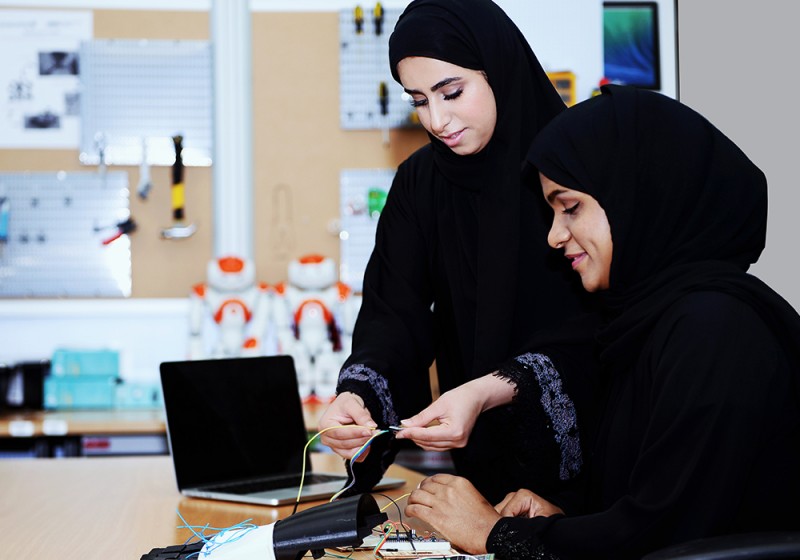Students and researchers at the United Arab Emirates University has developed a new artificial intelligence-powered technology enabling people easier and quicker access to neuro-therapists.
The project was completed in collaboration with the intelligent behaviour control unit at the RIKEN National Science Institute in Nagoya, Japan, WAM reported.
Dr. Fady Najjar, Assistant Professor at the College of Information Technology, said, “With the technology, we can actually overcome the limitation of not having enough high-quality neuro-therapists. The idea is to use technology with cloud computing to extend the power of these people we can decrease the work of each doctor and let him do more service work.
“The system already learnt how to solve this problem from the therapist’s long-term experience, which will allow it to take decisions without consulting the doctor. The idea first started with a few therapists in Nagoya, Japan, where residents living in the area had no access to better quality neuro-therapists. They needed to travel long distances to meet them, so we found a way for them to do the training in their house.”
Their data is recorded and uploaded on the Internet in the cloud, where doctors can access it online. Based on the data, the system can monitor and provide feedback to the patient, as well as change his training, based on his involvement. Doctors will also be able to access the data through their dashboard to monitor the number of registered patients.
The system will also learn, through the patient’s input and the doctor’s output, the most probable feedback for any potential issue raised. Once it reaches an expert level, it will attempt to decrease the load on the doctor by automatically sending out the type of training needed by the patient.
“At first, there will be many evaluations and gradual feedback, the system will learn and try to suggest an output without going back to the doctor. This is the main merit of this study to have more patients with fewer doctors,” said Hamda Al Shamsi, one of the students working on the project.
According to Jamila Al Nuaimi, another student, said, “Although there are some challenges, such as security issues by sharing data through the cloud, Internet availability or users not knowing how to deal with technology, we will develop a secure encoding system.”





